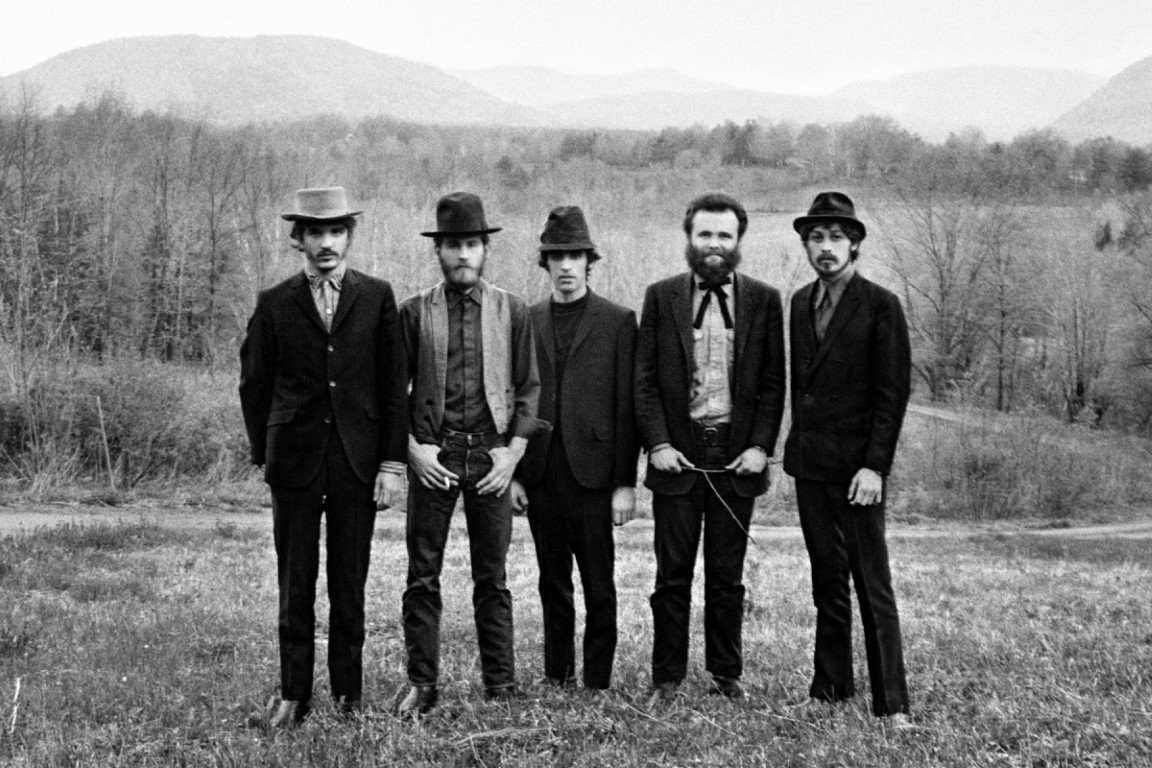
The film provides an intricate study of this world-renown Indigenous artist
By Jonathan Pabico, Contributor
4/5
If there’s a biographical feature that makes you proud to be from Canada, it would be Once Were Brothers: Robbie Robertson and The Band. The documentary follows the life of Canadian singer–songwriter Robbie Robertson during his ups and downs as a member of famous musical group, The Band. The film, directed by Daniel Roher, provides remarkable storytelling about this rock star.
The archive footage, photographs, and testimonies from other music icons give rich insight into Robertson’s growth into an inspiring role model for his generation. These mementos are edited together as striking camera shots to also highlight The Band’s brotherhood and passion to push the boundaries of what they could achieve as artists.
Roher smoothly traces the group’s humble beginnings. They go from performing in small bars to entertaining enormous concerts. The old film reels of bustling cities with eccentric neon signs lend an unwavering energy to the movie. They relay how excited Robertson and his bandmates are about making their mark on the world’s new wave of vibrant music scenes.
Perhaps the film’s best anecdote is The Band’s frequent collaborations with legendary folk singer Bob Dylan. Stock clips of them being booed by crowds who hated their bold rock music instill humour in the film. These instances are fond memories for Robertson. This set piece raises an important message about appreciating the efforts of artists from previous decades. Considering what they had to endure for their careers, it is essential to recognize them.
The movie pivots with a distorted soundtrack and more hazy photos to symbolize Robertson’s troubled friendship with his drummer Levon Helm—but also the group’s struggles with drug addiction and alcoholism. Roher navigates these sensitive topics with respect and care that immensely humanize them. He creates the right balance for the movie’s pathos without turning the story into a spectacle.
However, the final scenes of the documentary’s timeline are rushed and could have been developed further before the ending arrives. Roher could have unpacked the origins behind a few additional songs from The Band’s repertoire to expand on their musical background.
Also, Once Were Brothers doesn’t provide much depth into Robertson’s Indigenous roots or any influence they had on his song writing. Roher at least explores how the performer’s love for his craft reflects music’s purpose of bringing comfort to our lives—and what it means to be a Canadian musician striving for cultural identity.
Overall, this documentary offers a memorable journey of one of Canada’s most prominent rock stars. The visual storytelling through antiquated imagery make the film a worthwhile treat for fans, but also an accessible resource about The Band’s complicated history. If you’re eager to learn more about Robbie Robertson and Canadian music, then this movie is a perfect start to that endeavour.

